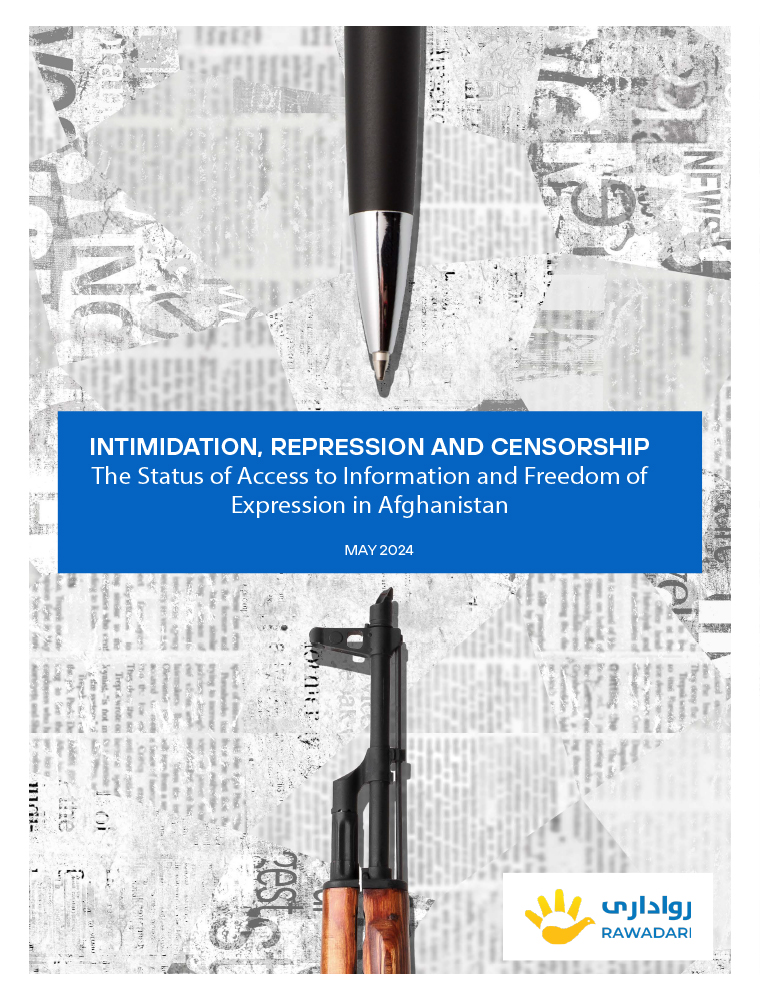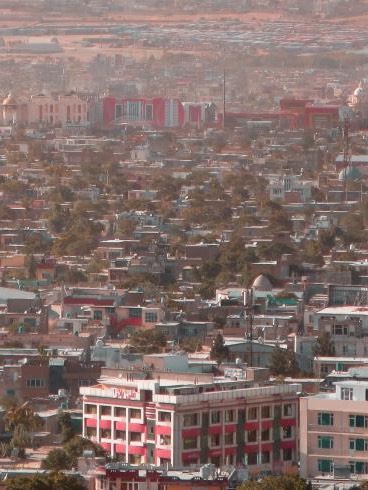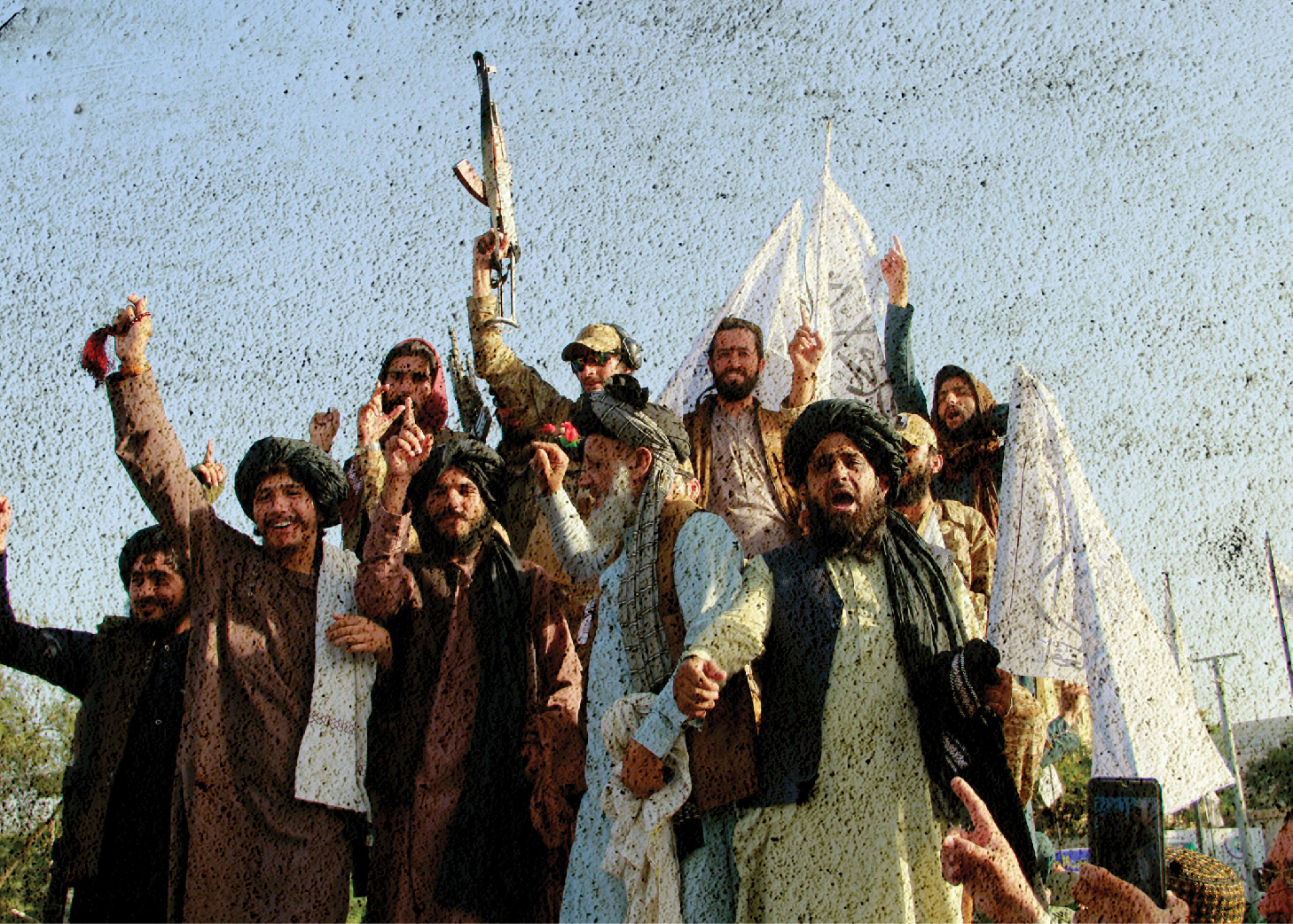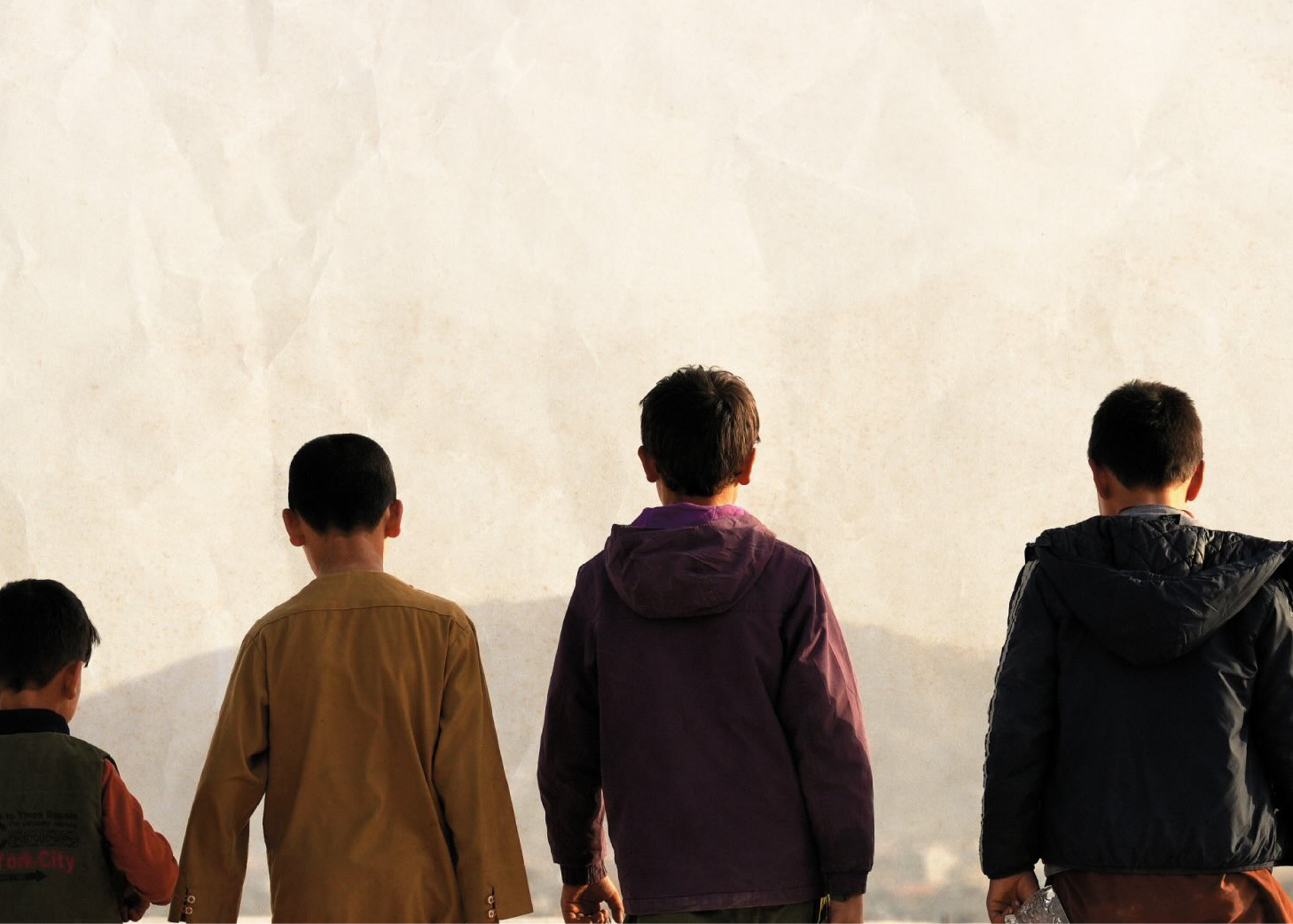
Introduction
Since the return of the Taliban to power in Afghanistan, hundreds of media outlets in the country have been forced to cease their activities, and thousands of journalists, both men and women, have either lost their jobs or migrated to difference countries, leading to the closure of civic space. This report focuses on the status of access to information and freedom of expression in Afghanistan since 15 August 2021 and covers major relevant developments in these areas till 31 March 2024.
The Taliban have systematically and intentionally imposed restrictions on the right of access to information and the right to freedom of expression since their return to power in 2021. Actions such as the suspension and annulment of previous laws, exerting pressure on media support organizations, and imposing unjustified limitations on access to information are among the most significant measures taken by the Taliban. Consequently, currently active media outlets in Afghanistan, which previously played a crucial role in promoting freedom of speech and the free flow of information, have lost their independence and freedom of operation. Furthermore, due to the prevailing atmosphere of fear and oppression in the country, citizens have been deprived of their right to freely express critical views.
The Taliban have revoked and suspended laws that included the right to access information and freedom of expression, and currently there is no effective legal mechanism to protect media outlets and journalists against interference and intimidation. This has led to widespread violation of the right to freedom of expression and access to information and has eliminated the ability of citizens to participate in government decision-making that impacts their lives. The findings of this report indicate that the Taliban, with complete disregard to Afghanistan’s international human rights commitments and the country’s pre-Taliban laws, have engaged in suppressing freedom of expression and media using various tools and methods, particularly imposing unlawful and discriminatory restrictions on women journalists. Currently, only a few women journalists are working with the media, conditional upon fully complying with the conditions set by the Taliban's Ministry of Propagation of Virtue and Prevention of vice (MPVPV).
In addition to this, the Taliban have engaged in persistent harassment and intimidation of media, arbitrary detention and torture of journalists, the detention and killing of protesters and imposing extensive restrictions on the activities of libraries, bookstores, and publishers. The provincial departments of MPVPV, Ministry of Information & Culture (MoIC), General Directorate of Intelligence (GDI), and Police Directorates are among the key institutions involved in suppression of freedom of expression and access to information. The Taliban have also dismantled accountability mechanisms such as independent judiciary, independent anti-corruption bodies and prevent media’s access to information on national budget expenditure, thus leading to administrative and financial corruption.
Methodology
Rawadari’s team conducted interviews with 264 individuals, including 61 women, in 28 provinces of Afghanistan (out of 34) to gather information related to the status of freedom of expression, media, and access to information in the country for the purpose of this report. Restrictions imposed on women's education, employment, and mobility has limited Rawadari’s access to female interviewees. Victims and their family members, eyewitnesses, journalists and staff of national and local media, civil society activists, employees of government entities, relevant non-governmental organizations and institutions, heads and staff of media support organizations, librarians, bookstore owners, publishers, YouTubers, and users of social media networks, both men and women, have been interviewed for this report.
Additionally, previous reports of Rawadari and other reports and publications related to the status of freedom of expression and access to information published by various organizations have also been utilized. The decrees, documents and other information published by the Taliban have also been reviewed and where relevant included in this report.
The findings of Rawadari indicate that citizens' access to information has become increasingly difficult in Afghanistan. This is because the Taliban have imposed strict regulations and restrictions in this area, particularly preventing the dissemination of information related to human rights violations using various tools and methods of pressure, fear, and intimidation. We have verified that the de-facto authorities have threatened media, journalists, victims, eyewitnesses, and their relatives to refrain from sharing and disseminating information about human rights violations. It is within this context that in the current report, details about the identity of interviewees, as well as the exact date and location of certain events have deliberately been withheld to ensure the security of sources.
Considering the existing restrictions on access to information and the environment of fear and intimidation, the violations of the right to freedom of expression and access to information might be more widespread than the cases verified by Rawadari and included in this report.






